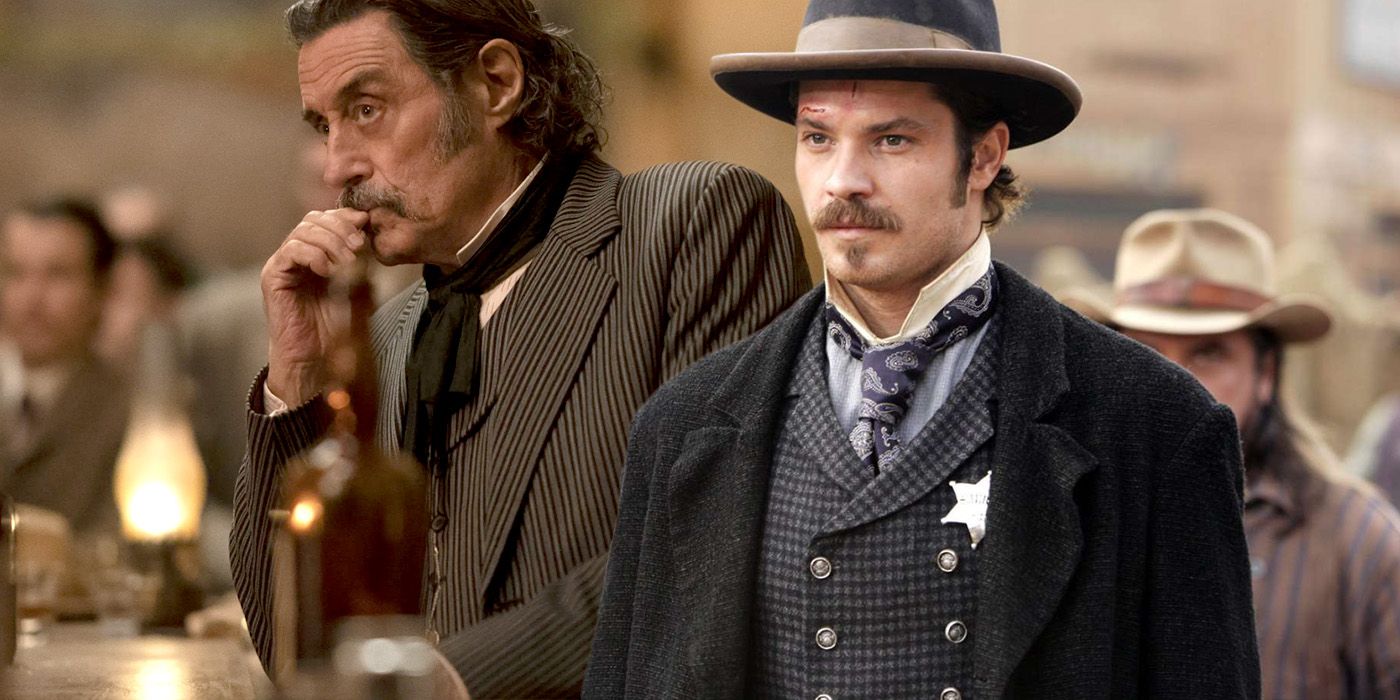Before there were laws, there were men—and the chaos they left behind
Deadwood (2004–2006) isn’t just a Western—it’s a brutal, operatic meditation on power, language, and the birth of civilization from the mud of lawlessness. Created by David Milch, this HBO series reimagines the American frontier not as a place of noble cowboys and clean shootouts, but as a seething, profane, and deeply human settlement gasping toward order. Set in the lawless town of Deadwood, South Dakota, in the 1870s, the series chronicles the transformation of a mining camp into something resembling society—and the price paid for that progress.
At its core is Al Swearengen, the foul-mouthed, Machiavellian saloon owner played with ferocious brilliance by Ian McShane. Swearengen isn’t your standard villain—he’s ruthless, yes, but also pragmatic, sharp, and occasionally noble in the most unexpected ways. Opposite him is Seth Bullock (Timothy Olyphant), a former lawman with a strong moral compass and an even stronger temper. Their dynamic—part rivalry, part respect—anchors the show’s exploration of justice in a place where law doesn't yet exist.

What sets Deadwood apart is its dialogue—Shakespearean in rhythm, lyrical in profanity, and stunning in its density. Characters don’t just speak; they declare, duel, and bleed with words. Milch’s writing turns every conversation into a verbal gunfight, every soliloquy into a philosophical sermon. It’s unlike anything else on television, then or now.
The ensemble cast is vast and vivid. From Calamity Jane’s drunken vulnerability to Trixie’s hard-won defiance, from the calculating George Hearst to the tragic innocence of characters caught in larger forces, Deadwood is a human epic disguised as a dusty frontier tale. Violence simmers beneath every exchange, and yet the show’s most powerful moments often come in silence—grief, compromise, or reluctant mercy.

Though the series was abruptly canceled after three seasons, it remains one of television’s most respected cult masterpieces. Its long-awaited continuation, Deadwood: The Movie (2019), offered fans bittersweet closure—but the series itself stands as a towering, unfinished monument to the mess of American expansion and the people who bled, drank, and schemed to shape it.
-1754971164-q80.webp)
-1751527913-q80.webp)
-1755585462-q80.webp)
-1750298974-q80.webp)